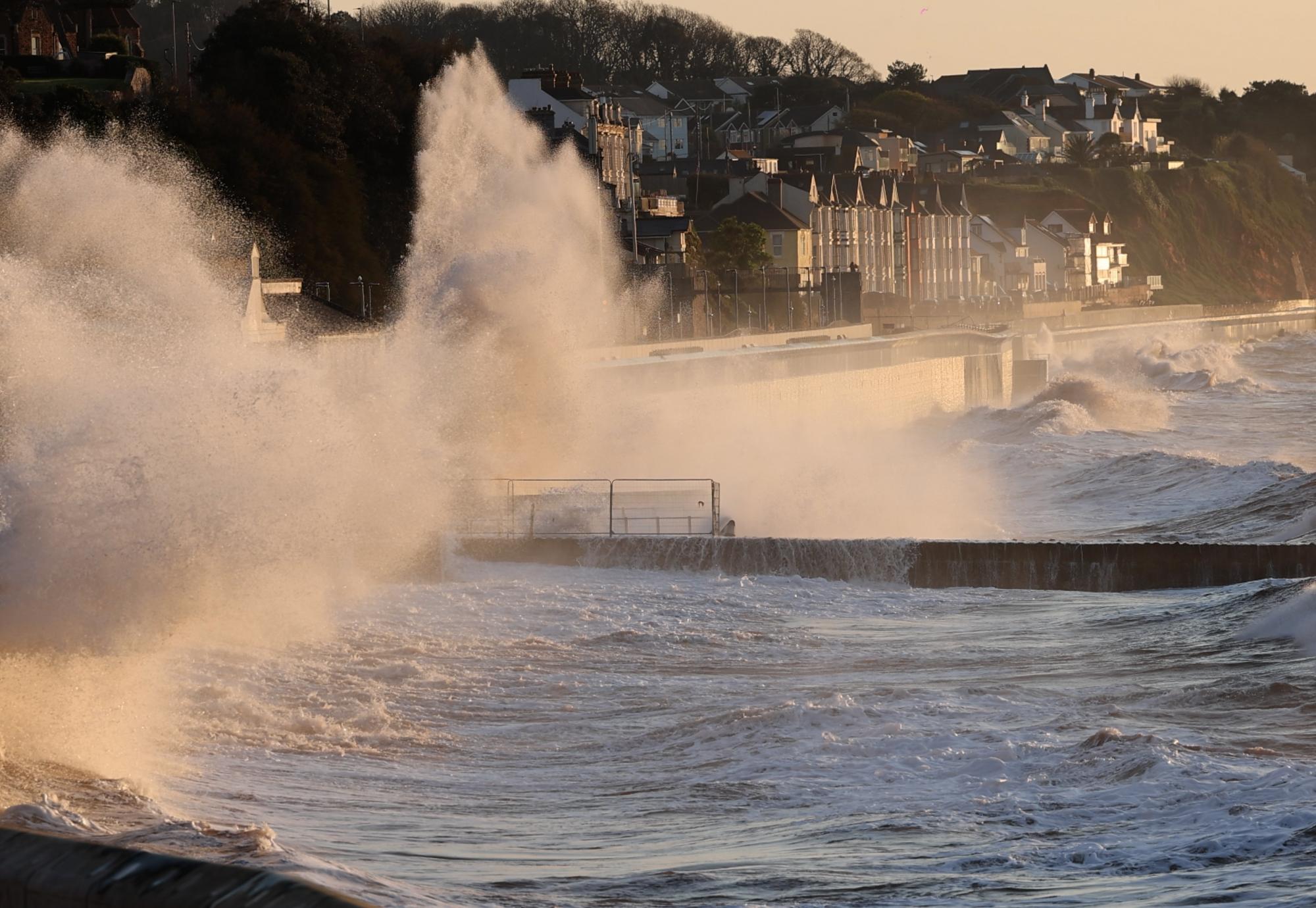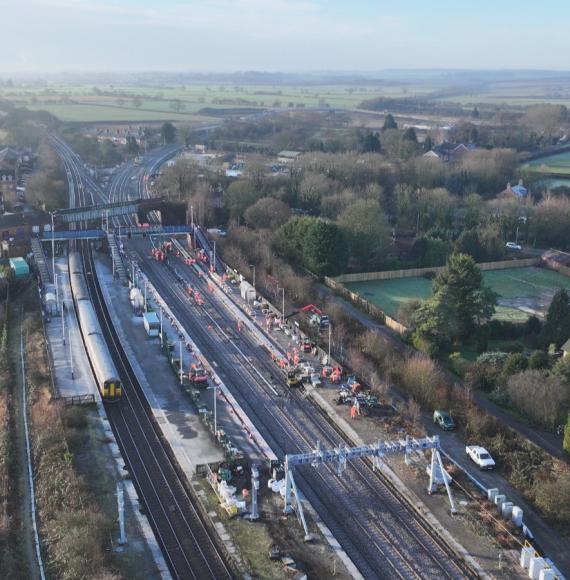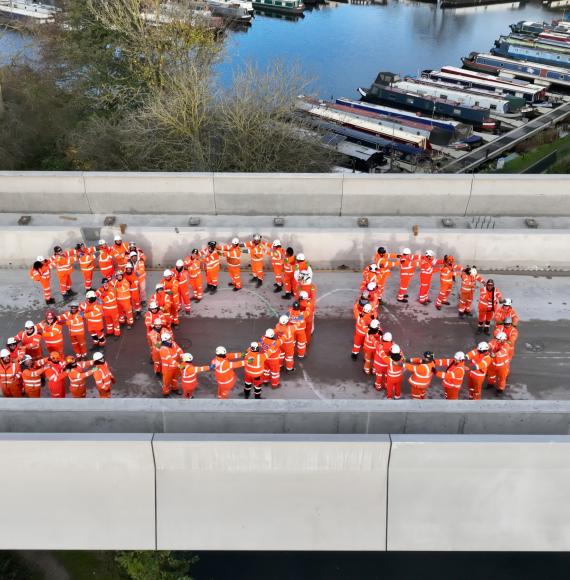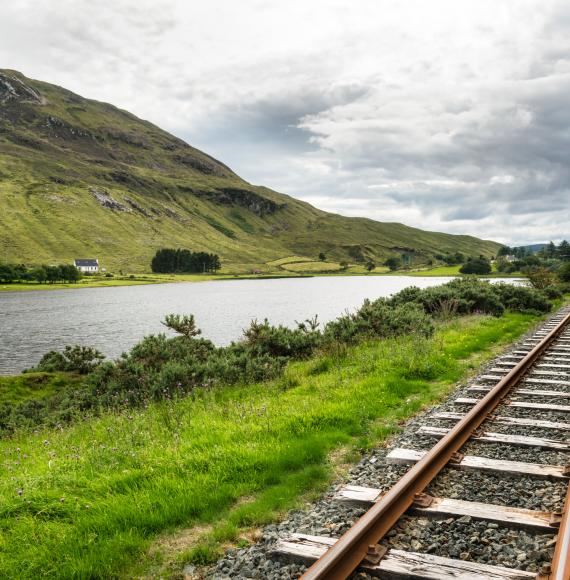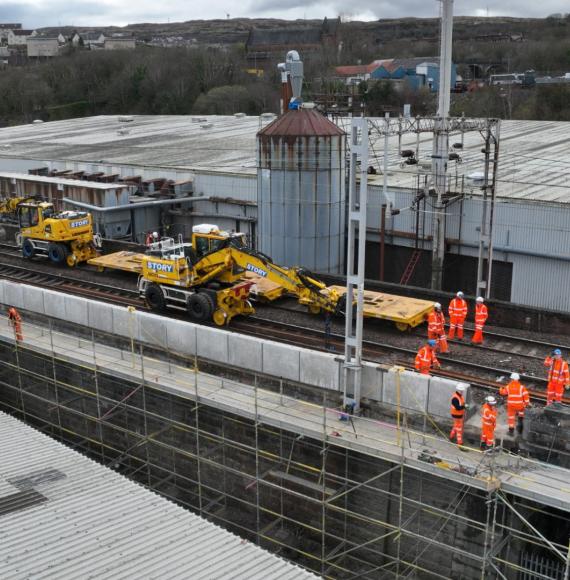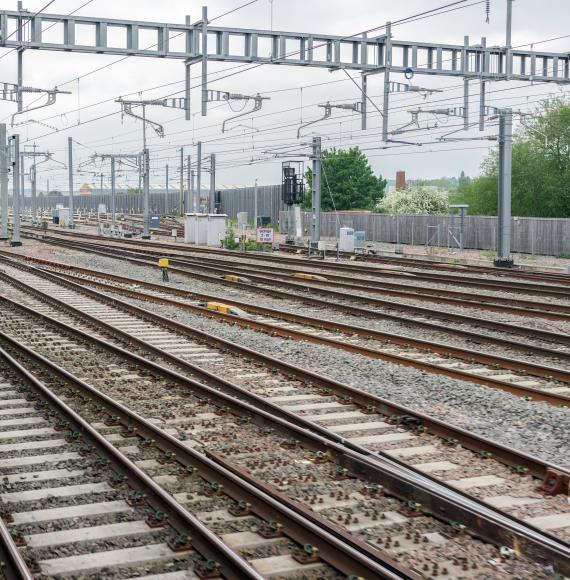The Dawlish sea wall has been formally recognised after the £82m innovation protected the Devon coastal town from Storm Ciarán earlier this month.
The wall was constructed in two phases between May 2019 and Many 2023 after extensive research and consultation with world-leading engineering experts from a variety of disciplines.
Designed essentially to deflect waves back to the sea, the wall was developed as part of the South West Resilience Programme which was set up after the major storm of 2014 that damaged part of the Dawlish railway and left the South West inaccessible by train.
Just days after Storm Ciarán swept through, the team behind the sea wall won two awards at the annual ICE South West Civil Engineering Awards.
The project’s second phase won the top Showcase Award as well as the Over £8m Re-engineered Award.
Ewen Morrison, senior programme manager at Network Rail, said: “We’re delighted that the sea wall has been recognised with these two awards. When the forecast for Storm Ciarán came in, we knew it would be a test for the railway in Dawlish and it’s incredible to see how the wall performed against some very rough weather conditions.”
He continued: “It’s a testament to all the hard work that the teams have put in over the years to ensure that this coastal stretch of the railway is more resilient to extreme weather.”
Huw Merriman, rail minister, added: “The Dawlish sea wall was delivered through £82 million of Government funding and just a few months later that has already helped protect our rail network from Storm Ciarán.
“I’ve seen first-hand the Dawlish sea wall and the importance of our investment to protect this vital coastal rail route from extreme weather conditions. This is a true example of civil engineering at its finest and has rightly received prestigious awards.”
The Severn Estuary Resilience Programme also impressed at the ICE South West Civil Engineering Awards after it was given the Resilience Award for the initiative’s first phase which saw engineers remove more than 15,000 tonnes of material from a steep cutting near Lydney in the Forest of Dean.
A team subsequently installed approximately 27,000 square metres of mesh, secured by 1,000 soil nails to help stability.
Image credit: Network Rail/Coast Cams

